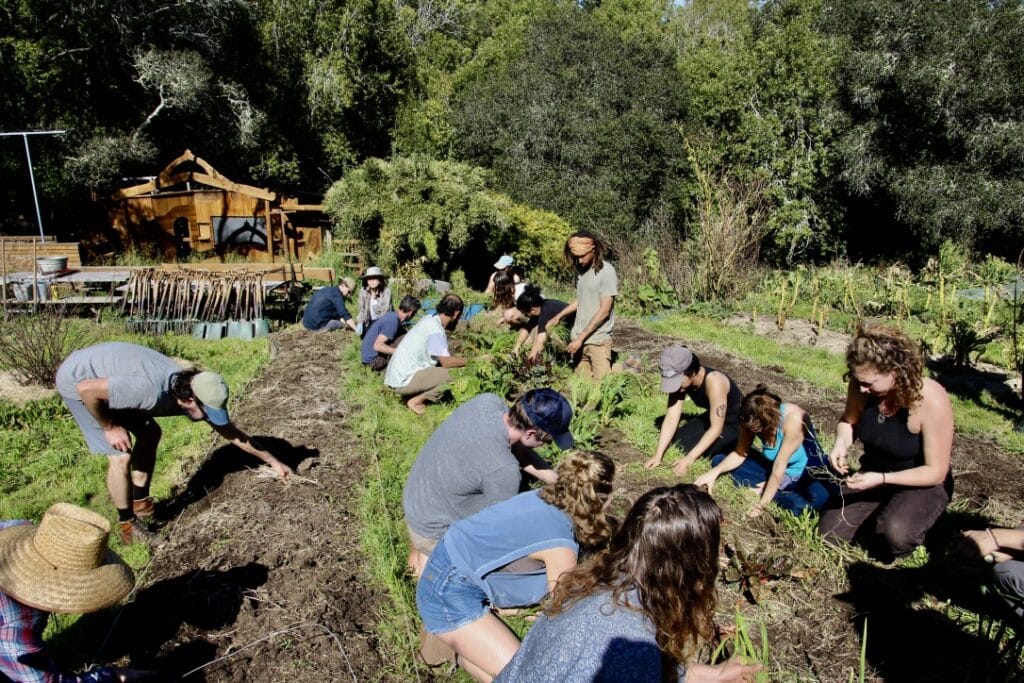Have you ever wondered how to transform a patch of desert into a lush, sustainable garden that not only feeds your community but also educates and inspires others in Dubai’s unique climate?
Understanding Permaculture in Dubai’s Context
Permaculture, a design philosophy centered on sustainable and self-sufficient agricultural ecosystems, is gaining traction in Dubai. Given the city’s arid environment, implementing permaculture requires innovative approaches tailored to local conditions. Techniques such as water-efficient irrigation, soil regeneration, and the use of native plant species are essential. Organizations like Yalla Permaculture offer training programs to equip individuals with the necessary skills to adapt permaculture principles to the UAE’s unique environment.
Identifying Suitable Locations for Workshops
Selecting the right venue is crucial for the success of a permaculture workshop. Urban community gardens, educational institutions, and private farms can serve as ideal locations. For instance, areas near Al Marmoom Desert Conservation Reserve and Al Ain have seen the emergence of off-grid farms practicing permaculture. These sites often welcome volunteers and learners for hands-on workshops, providing practical experience in sustainable farming practices.
Engaging the Community Effectively
Building a community around permaculture involves outreach and education. Utilizing social media platforms, local community boards, and partnerships with environmental organizations can help attract participants. Collaborations with groups like Permaculture UAE can also provide access to a network of individuals interested in sustainable living practices.
Designing a Comprehensive Workshop Curriculum
A well-structured curriculum should cover both theoretical and practical aspects of permaculture. Topics might include soil health, water conservation, plant selection, and sustainable design principles. Incorporating hands-on activities, such as composting or garden bed construction, can enhance learning and retention. Tailoring the content to address local environmental challenges ensures relevance and applicability.
Navigating Regulatory Considerations
Understanding local regulations is essential when organizing community workshops. This includes obtaining necessary permits, adhering to safety standards, and ensuring compliance with municipal guidelines. Engaging with local authorities early in the planning process can facilitate smoother operations and foster supportive relationships.

Securing Funding and Resources
Financial support can be sourced through grants, sponsorships, or community fundraising efforts. Organizations like the Ministry of Climate Change and Environment in the UAE offer programs that support sustainable initiatives. Additionally, partnerships with local businesses and NGOs can provide both funding and in-kind resources.
Promoting the Workshop to a Wider Audience
Effective promotion strategies include leveraging social media, creating informative content, and engaging with local media outlets. Highlighting the benefits of permaculture, such as food security and environmental sustainability, can attract a diverse audience. Testimonials and success stories from previous workshops can also serve as powerful promotional tools.
Measuring Impact and Gathering Feedback
Post-workshop evaluations help assess the effectiveness of the program and identify areas for improvement. Collecting feedback through surveys or discussion sessions provides insights into participant experiences and learning outcomes. This information is valuable for refining future workshops and demonstrating impact to stakeholders.
Fostering Ongoing Community Engagement
Maintaining momentum after the workshop involves creating platforms for continued interaction and learning. This could include forming local permaculture groups, organizing follow-up events, or establishing online forums. Sustained engagement encourages the application of permaculture principles in daily life and supports the growth of a resilient community network.
Exploring Further Opportunities in Permaculture
Beyond workshops, there are numerous avenues to expand permaculture practices in Dubai. These include integrating permaculture into school curriculums, developing urban agriculture projects, and collaborating with policymakers to promote sustainable land use. By exploring these opportunities, the impact of permaculture can be amplified across the city.
This guide was prepared by the www.few.ae team.
